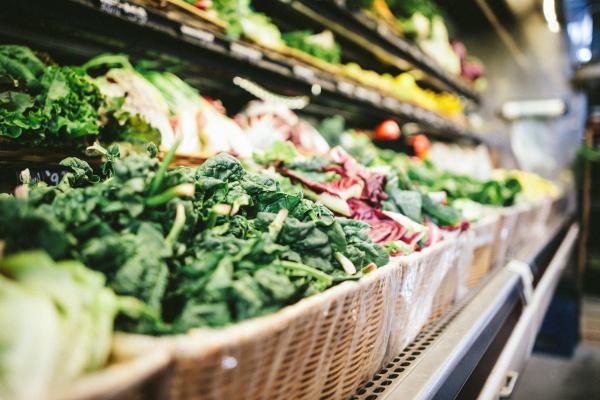Mar 29, 2019
No one should have to go hungry.
Unfortunately, the Trump administration has proposed a plan that will increase hunger in urban and rural communities across the country. Under a new rule proposed by the U.S. Department of Agriculture, “able-bodied adults without dependents” will find it harder to receive benefits from the Supplemental Nutrition Assistance Program, or SNAP, formerly known as food stamps.
Read the Full Article

Already a subscriber? Login
